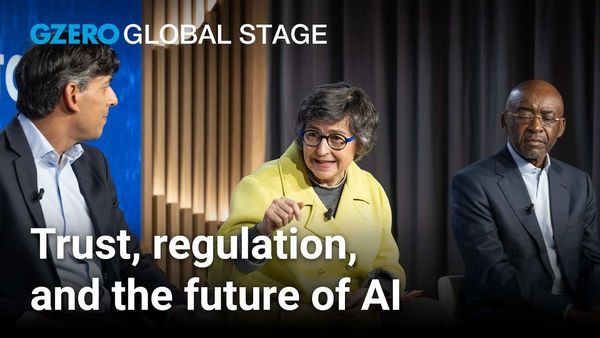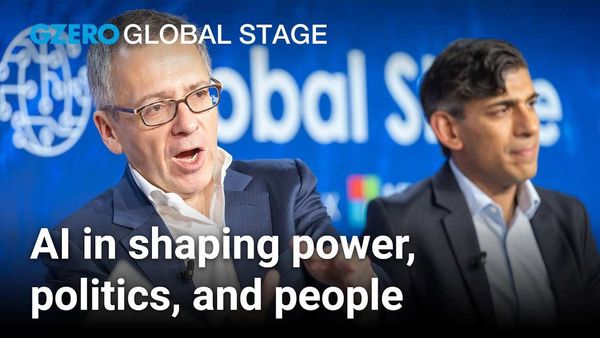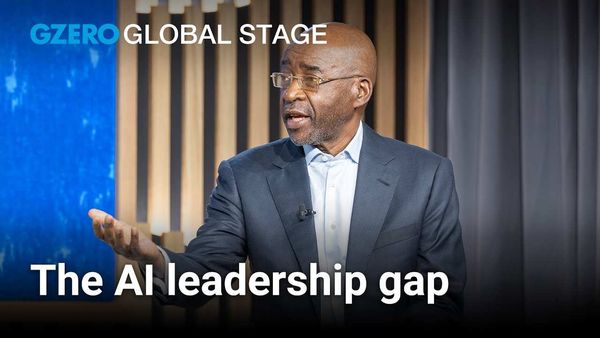Artificial intelligence is often seen as a futuristic tool—but for some global health challenges, it’s already the only solution. Dr. Juan Lavista Ferres, Microsoft's Chief Data Scientist, Corporate Vice President, and Lab Director for the AI for Good Lab, points to a powerful example: diagnosing a leading cause of childhood blindness in newborns.
In this Global Stage conversation from the 2025 STI Forum at the United Nations, Ferres explains how AI is being used to detect retinopathy of prematurity, a condition affecting premature babies that now ranks as the world’s top cause of childhood blindness. The problem? There aren’t nearly enough pediatric ophthalmologists to meet global demand—and without early diagnosis, the condition often leads to permanent vision loss.
“We have AI models today that can diagnose this from your smartphone,” says Ferres. “This is just one example where AI is not just the solution—it’s the only solution we have.”
He argues that technology like this can empower doctors, not replace them, and help close critical gaps in healthcare access. With billions of people still lacking adequate care, Ferres believes AI can be a transformative force for scaling health services—if deployed thoughtfully and equitably.
This conversation is presented by GZERO in partnership with Microsoft, from the 2025 STI Forum at the United Nations in New York. The Global Stage series convenes global leaders for critical conversations on the geopolitical and technological trends shaping our world.
See more at https://www.gzeromedia.com/global-stage/un-sti-forum/ai-trends-in-2025-that-drive-progress-on-global-goals


















